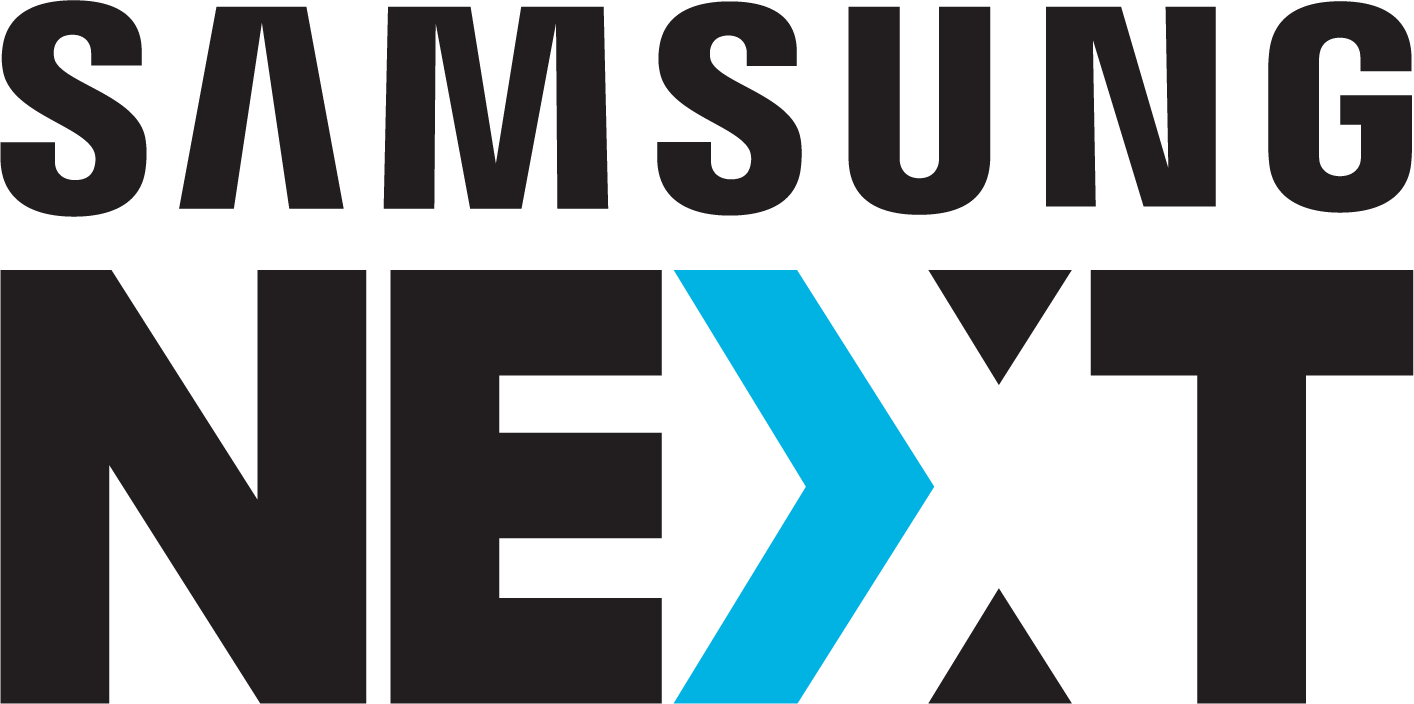Why we invested in Ceramic.ai, enabling faster and more cost-effective AI model training for enterprises
As large language models (LLMs) push the boundaries of AI, traditional scaling methods—primarily adding more GPUs—are reaching their limits, leading to diminishing returns and soaring costs. Ceramic.ai is revolutionizing AI infrastructure by addressing the bottlenecks in parallel processing, which hinder both training efficiency and broader innovation across research and enterprise applications.
Ceramic.ai’s breakthrough parallelism technology dramatically accelerates AI training by splitting a single pre-training context across multiple GPUs, achieving up to 2.5x higher efficiency than open-source stacks. Unlike traditional methods, Ceramic.ai excels at training large models on long-context data, maintaining efficiency even for models with 70B+ parameters. This advantage translates into real-world performance, with their reasoning models achieving a 92% Pass@1 score on GSM8K—outperforming Meta’s base model of Llama 70B 3.3 (79%) and DeepSeek R1 (84%). Their technology integrates seamlessly with existing parallelism techniques while reordering training data by topic to enhance attention efficiency and eliminate token masking issues, marking a fundamental leap in AI scalability and optimization.
We’re pleased to join Ceramic.ai’s $12 million seed round alongside NEA, IBM, and Earthshot Ventures. The timing for this innovation couldn’t be better. As enterprises worldwide race to develop and deploy custom AI models, the ability to train them efficiently has become a critical competitive advantage. Ceramic.ai’s technology dramatically reduces the compute expenses associated with training large models, making advanced AI more accessible to a broader range of organizations.
In addition, Ceramic.ai has particularly exciting implications for mobile and edge computing. Their work on hybrid cloud/on-device inference promises to revolutionize AI deployment on consumer devices, offering reduced latency and improved accuracy. We believe in this potential for vastly improved on-device AI experiences.
At the helm of Ceramic.ai is Dr. Anna Patterson, a veteran leader with an extraordinary track record in scaling transformative technologies. During her 17 years at Google, Dr. Patterson architected TeraGoogle, the company’s large-scale search serving system, demonstrating her expertise in distributed computing challenges. Her experience scaling Android from 40 million to over 1 billion phones provides invaluable insight for deploying AI infrastructure at scale. As the Founder and Managing Partner of Gradient Ventures, she has also demonstrated keen insight into identifying and nurturing transformative AI technologies.
Our investment in Ceramic.ai represents more than just backing promising technology—it’s about supporting a fundamental shift in how AI systems are built and deployed in the enterprise. The company’s parallelism technology addresses a critical bottleneck in AI development, offering a path to more efficient and powerful models. For organizations developing custom AI solutions, this means faster iteration cycles and lower costs. For those deploying AI at the edge, it enables new possibilities in mobile and IoT applications.
The combination of groundbreaking technology, perfect market timing, and an exceptional founding team makes Ceramic.ai a compelling investment. As AI continues to reshape industries, Ceramic.ai’s infrastructure innovations will play a crucial role in enabling the next generation of AI applications and services for the enterprise.
Diane Choi is an investor at Samsung Next. Samsung Next’s investment strategy is limited to its own views and does not reflect the vision or strategy of any other Samsung business unit, including, but not limited to, Samsung Electronics.
